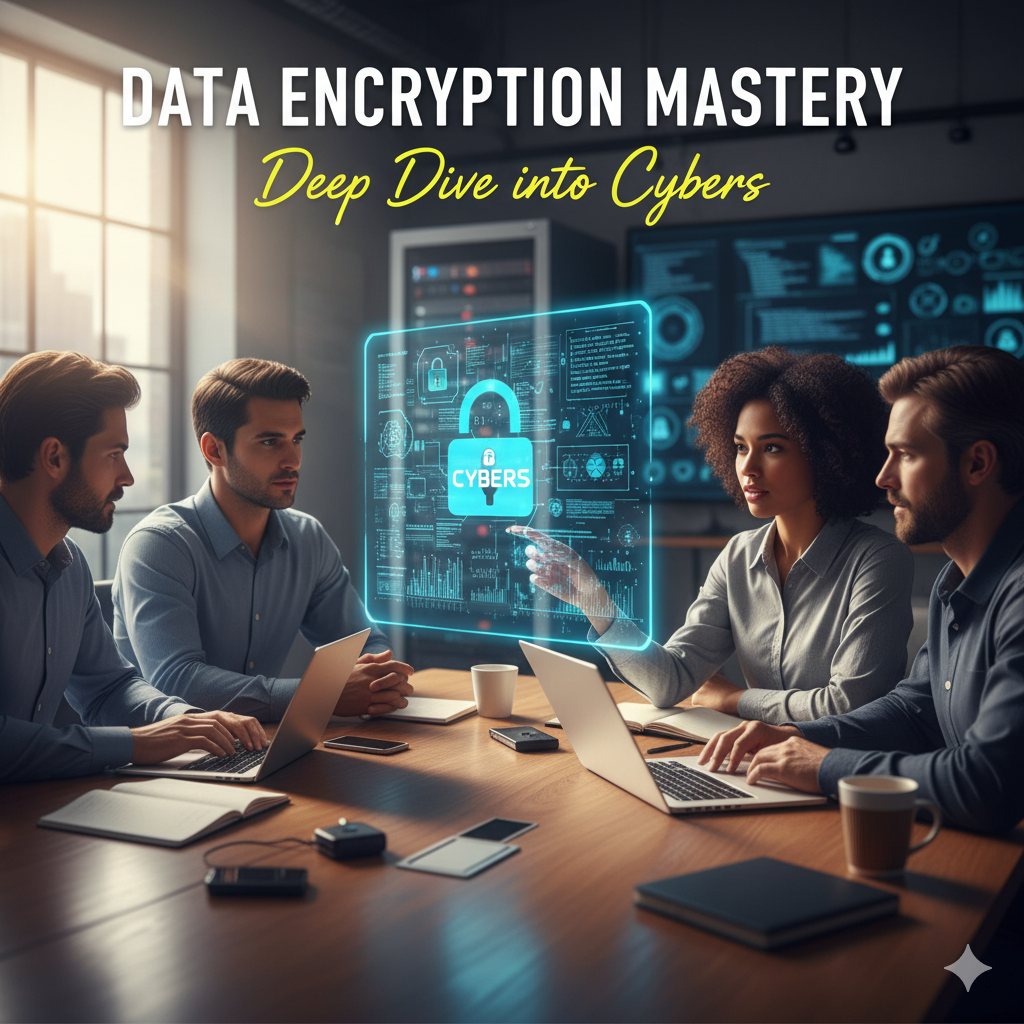Currently Empty: $0.00
Share This Course
01
Introduction
Introduction
02
Objectives
Objectives
03
Who Should Attend?
Who Should Attend?
04
Training Method
Training Method
05
Course Outline
Course Outline
The global momentum towards renewable energy is undeniable, driven by climate imperatives, economic opportunities, and energy security needs. However, the path to a decarbonized future is not a simple switch. It is a complex transformation fraught with technical, economic, regulatory, and social challenges that threaten to slow progress and increase costs. This course, “Renewable Energy and Challenges,” provides an unvarnished and critical examination of the major obstacles facing the widespread integration of renewables into our energy systems.
Moving beyond optimistic headlines, this program delves into the real-world problems of grid integration, intermittency, resource constraints, and community opposition. Through a solutions-oriented approach, participants will analyze these challenges, evaluate emerging technologies and strategies to overcome them, and develop a pragmatic understanding of what it will truly take to build a reliable, affordable, and sustainable energy future. This course is essential for anyone seeking to not just promote renewables, but to successfully implement them.
Upon successful completion of this course, participants will be able to:
-
Identify and categorize the key technical, economic, social, and political challenges hindering the rapid deployment of renewable energy.
-
Analyze the impact of variability and intermittency on grid stability and evaluate solutions like energy storage, demand response, and grid modernization.
-
Assess the economic and policy hurdles, including financing risks, market design flaws, and supply chain vulnerabilities.
-
Evaluate the social and environmental trade-offs of renewable projects, including land use, material sourcing, and community acceptance (NIMBYism).
-
Develop strategic approaches to mitigate these challenges within specific project or policy contexts.
-
Formulate a balanced perspective on the realistic timeframe and requirements for a successful energy transition.
This course is designed for professionals who need a realistic, grounded understanding of the obstacles in the energy transition:
-
Project Developers and Engineers
-
Policy Makers and Government Energy Planners
-
Utility Managers and Grid Operators
-
Investment Analysts and Risk Managers
-
Environmental Consultants and Sustainability Professionals
-
Community Engagement Specialists
-
Students and Researchers in energy, environmental science, or engineering
• Pre-assessment
• Live group instruction
• Use of real-world examples, case studies and exercises
• Interactive participation and discussion
• Power point presentation, LCD and flip chart
• Group activities and tests
• Each participant receives a binder containing a copy of the presentation
• slides and handouts
• Post-assessment
Day 1: The Grand Challenge: System Integration & The Grid
-
Morning Session: The Intermittency Problem
-
Understanding Variability: The Duck Curve, seasonal patterns, and weather-dependent generation.
-
The Threat to Grid Stability: Frequency regulation, voltage control, and inertia.
-
-
Afternoon Session: Solutions for a Resilient Grid
-
Technological Solutions: Energy storage (batteries, pumped hydro, CAES), advanced inverters.
-
Operational Solutions: Demand response, grid interconnections, and flexible generation.
-
Workshop: Analyze grid load data to identify periods of potential renewable oversupply or shortage.
-
Day 2: Economic and Financial Hurdles
-
Morning Session: Beyond LCOE: The True Cost of Integration
-
Hidden Costs: Grid upgrade requirements, balancing costs, and curtailment.
-
The Investment Dilemma: Stranded assets and securing financing in a volatile policy environment.
-
-
Afternoon Session: Market Design and Policy Risk
-
Do Energy Markets Work for Renewables? The need for capacity markets and new value structures.
-
The Impact of Subsidy Rollbacks and Policy Uncertainty on project bankability.
-
Case Study: Examine a project that failed due to economic or policy challenges.
-
Day 3: Material, Supply Chain, and Environmental Trade-offs
-
Morning Session: The Resource Bottleneck
-
Critical Minerals: Supply chain risks for lithium, cobalt, rare earths, and copper.
*- Manufacturing and Geopolitics: Concentration of supply chains and its implications.
-
-
Afternoon Session: The Environmental Footprint
-
Lifecycle Analysis: Examining the full environmental cost of manufacturing, deploying, and decommissioning renewable projects.
-
Land Use and Ecological Impact: Conflicts over space and biodiversity.
-
Debate: Discuss the environmental trade-offs between a large-scale solar farm and a natural gas plant.
-
Day 4: The Human Factor: Social and Regulatory Challenges
-
Morning Session: The “Not-In-My-Back-Yard” (NIMBY) Phenomenon
-
Understanding Community Opposition: Visual impact, noise, and perceived health risks.
-
Strategies for Effective Stakeholder Engagement and benefit sharing.
-
-
Afternoon Session: The Regulatory Maze
-
Permitting Hell: Navigating complex, slow, and often contradictory approval processes.
-
Workforce Transition: The challenges of retraining and developing a new skilled workforce.
-
Role-Playing Exercise: Simulate a public consultation meeting for a proposed wind farm.
-
Day 5: Synthesis and Developing a Resilient Strategy
-
Morning Session: Holistic Problem-Solving
-
No Silver Bullet: The case for a diversified technology and strategy portfolio.
-
The Role of System Planning and Digitalization (AI, IoT) in managing complexity.
-
-
Afternoon Session: Capstone Project
-
Final Challenge: Groups are assigned a specific region facing a unique set of challenges (e.g., an island grid, a coal-dependent community). They must develop a realistic transition strategy that addresses the technical, economic, and social hurdles.
-
Presentation and Critique.
-
Course Recap: Confronting Challenges with Realistic Optimism.
-
Certification of Completion.
-
- Course Details
- Address
Damascus
- Location
- Phone
+963 112226969
- Fees
300 $
More Course

Cloud Mastery Build Deploy Scale #259011
Fees : $ 300

Data Encryption Mastery Deep Dive into Cybers #259010
Fees : $ 300
Start Date : December 14, 2026
End Date : December 18, 2026
Type Of Course : Offline Course
Location : Damascus
Course Category : Cyber Security & Technology

Data Encryption Mastery Deep Dive into Cybers #259010
Fees : $ 300
Start Date : July 27, 2026
End Date : July 31, 2026
Type Of Course : Offline Course
Location : Damascus
Course Category : Cyber Security & Technology

Data Encryption Mastery Deep Dive into Cybers #259010
Fees : $ 300
Start Date : March 9, 2026
End Date : March 13, 2026
Type Of Course : Offline Course
Location : Damascus
Course Category : Cyber Security & Technology

Cybersecurity with Cybers A Practical Approach #259009
Fees : $ 300
Start Date : December 7, 2026
End Date : December 11, 2026
Type Of Course : Offline Course
Location : Damascus
Course Category : Cyber Security & Technology

Cybersecurity with Cybers A Practical Approach #259009
Fees : $ 300
Start Date : July 20, 2026
End Date : July 24, 2026
Type Of Course : Offline Course
Location : Damascus
Course Category : Cyber Security & Technology

Cybersecurity with Cybers A Practical Approach #259009
Fees : $ 300
Start Date : March 2, 2026
End Date : March 6, 2026
Type Of Course : Offline Course
Location : Damascus
Course Category : Cyber Security & Technology

Real World Cyber Security Hands On Training #259008
Fees : $ 300
Start Date : November 30, 2026
End Date : December 4, 2026
Type Of Course : Offline Course
Location : Damascus
Course Category : Cyber Security & Technology

Real World Cyber Security Hands On Training #259008
Fees : $ 300
Start Date : July 13, 2026
End Date : July 17, 2026
Type Of Course : Offline Course
Location : Damascus
Course Category : Cyber Security & Technology

Real World Cyber Security Hands On Training #259008
Fees : $ 300
Start Date : February 23, 2026
End Date : February 27, 2026
Type Of Course : Offline Course
Location : Damascus
Course Category : Cyber Security & Technology

future centre Join our platform to access flexible learning, expert instructors, and industry-relevant courses designed to help you succeed in your career
Categories
© Copyright 2026 Future Centre | All Rughts Reserved
Sign In
or sign in with email
The password must have a minimum of 8 characters of numbers and letters, contain at least 1 capital letter
Years of experience in teaching
Choose your academic specialty
Country/Region
Your Address
Your Address
Upload Your Resume
Upload file
Supported file formats
Drag file here or click the button.
.png, .jpg, .jpeg, .mp4, .pdf
Uploading...
Terms & Conditions
By selecting this option, you confirm that you agree to the Terms and Conditions

